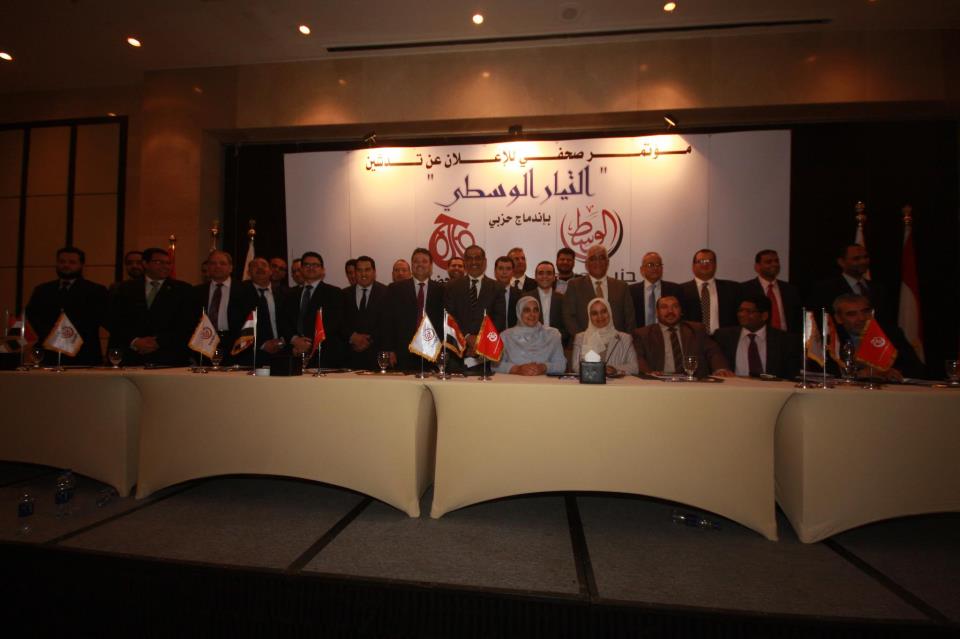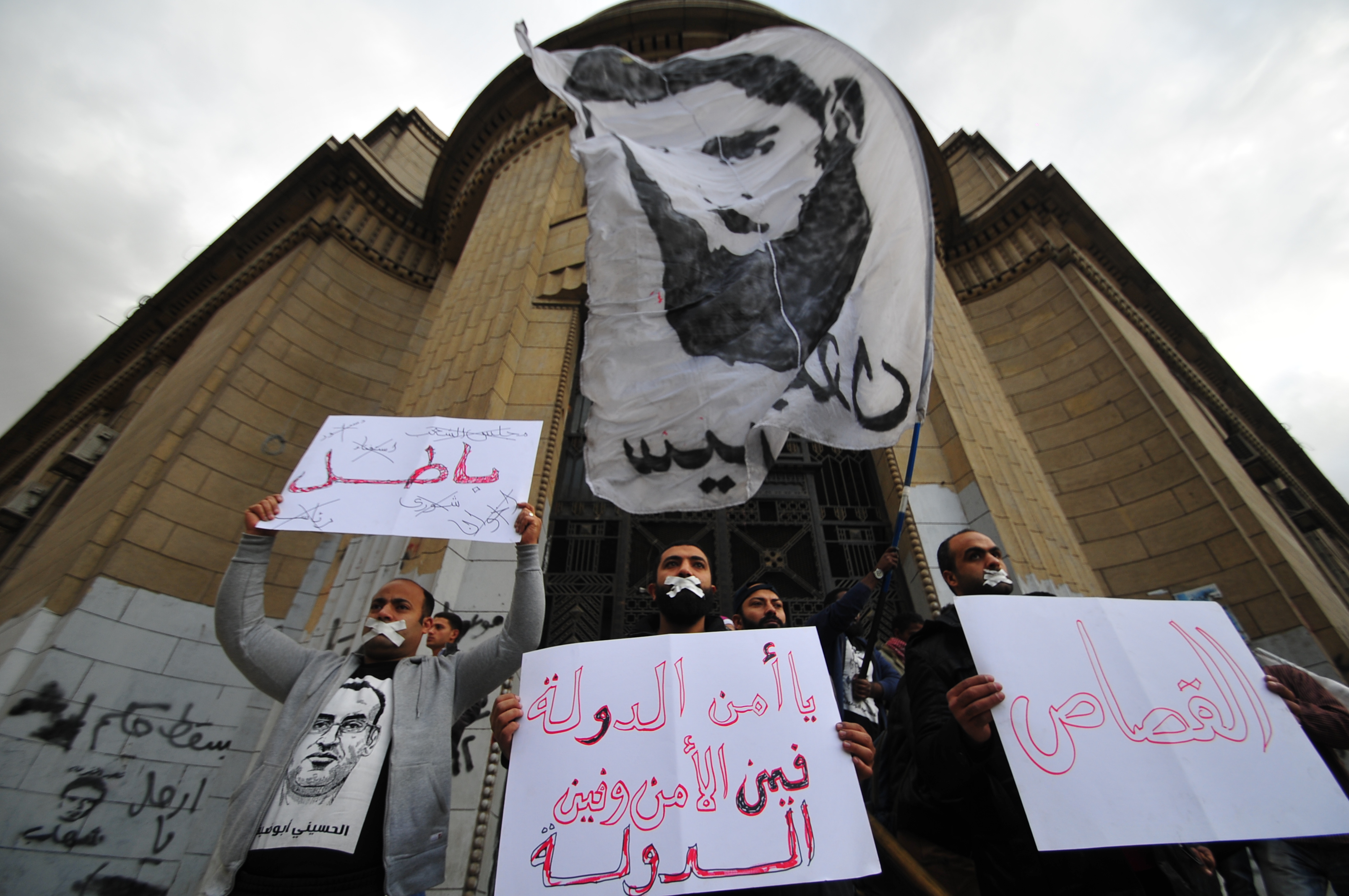Egypt’s churches bid farewell as the country continues to mourn dozens of victims killed in terrorist attacks claimed by the so-called Islamic State (IS) that was targeting churches during prayer on Palm Sunday.
According to the latest statistics provided Monday by the Ministry of Health and reported by state-media, the death toll of the attacks reached 45. The figure for injured people is varying, but exceeds 100 people.
In reaction to the attacks, President Abdel Fattah Al-Sisi addressed the nation in a speech on Sunday, in which he announced emergency measures, including the declaration of a three-month state of emergency approved on Monday by the cabinet.
The implementation of the state of emergency is still unclear. Parliament Speaker Ali Abdul Aal has called Prime Minister Sherif Ismail to the parliament on Tuesday to explain the reasons for the state of emergency.
Furthermore, a video captured by the church’s security camera showed a man detonating himself at the gate of one of the churches in Alexandria. IS claimed responsibility for the attacks, stating that two suicide bombers conducted both attacks, and they are threatening more attacks on Christians.
World leaders expressed their condolences and solidarity with the Egyptian people. Palestinian president Mahmoud Abbas, US president Donald Trump, and Saudi King Salman bin Abdulaziz offered Al-Sisi their condolences and support by telephone, the presidency stated.
On the other hand, Israel urged its citizens to leave the Sinai Peninsula, also shutting down the Taba border crossing to Israelis trying to enter Sinai on the eve of Passover on Monday until 18 April, according to the Times of Israel.
The UK government also updated its foreign travel advice page for Egypt with information regarding the attacks, also taking into consideration the Israeli concern. “The Israeli authorities have warned of an increased possibility of terrorist attacks in South Sinai, especially during the Passover festival (which in 2017 runs from 10 to 18 April). You should be especially vigilant during this period,” the UK’s advice read.
Al-Sisi further announced that a national council shall be formed to combat terrorism, and it shall have enough authority to be able to work, including regulations over the media, the judiciary, laws, and religious discourse.
“When we asked for the people’s authorisation in July [2013], we knew it was not a contained battle, but Egyptians have demonstrated strength against conspiracies. It is a continuous battle, which will bring more victims like the ones we lost from the police, the judiciary, and the Christians,” Al-Sisi said, adding that “successful military strikes against militant groups in Sinai have pushed terrorists to seek new locations.”
Al-Sisi also stated that the international community must hold accountable states that sponsor terrorism and allow for extremists to gather from around the world to destroy the region.
Mar Girgis Church in Tanta was bombed early on Sunday morning. At least 27 people were killed and 78 others were injured, according to the Ministry of Health.
Shortly after, St. Mark’s Coptic Orthodox Cathedral in Alexandria, where Pope Tawadros II was leading a mass, witnessed an explosion, killing at least 16 and injuring 41 others.



